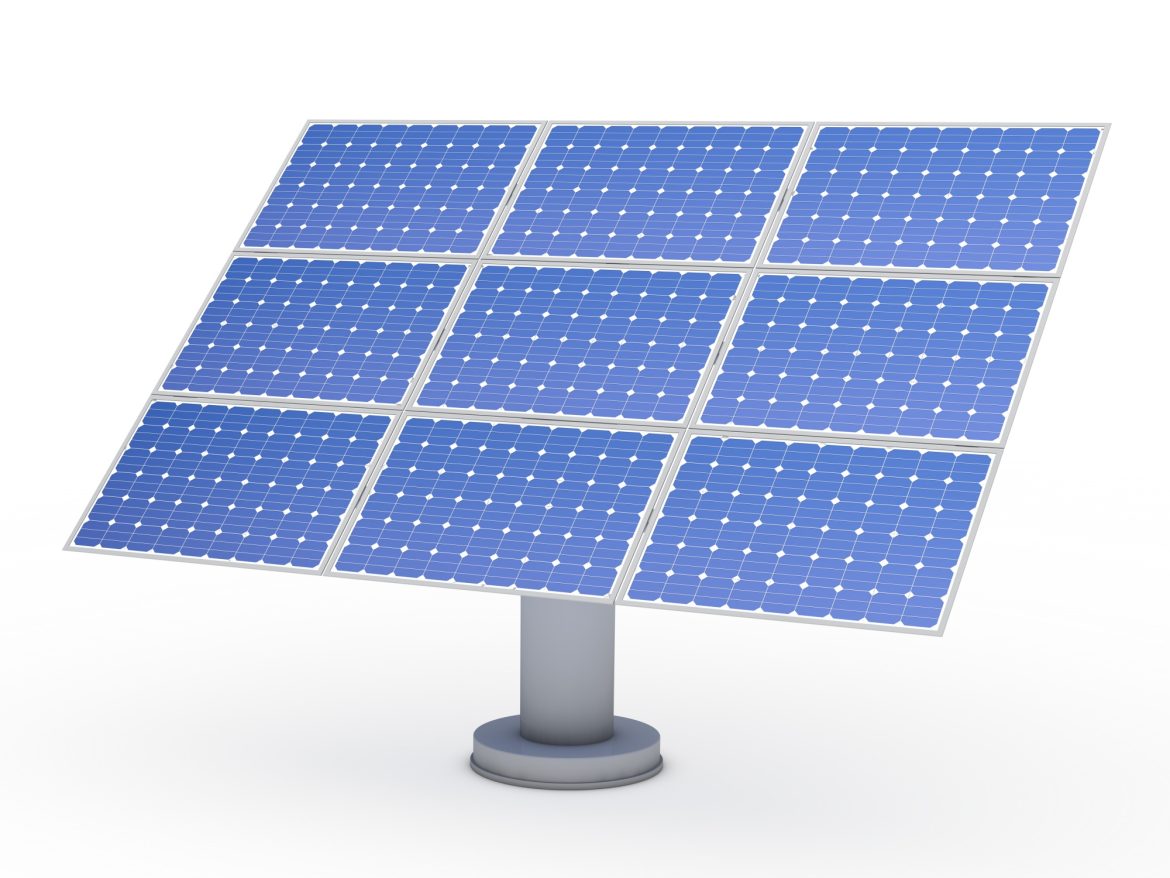The International Energy Agency (IEA) recently released a report that reveals a disturbing trend: since 2018, the number of people in sub-Saharan Africa gaining electricity access through grid connections has plummeted by half. The economic fallout from the COVID-19 pandemic and ongoing resource constraints have hit over half of the region’s countries hard.
Digging into the data uncovers an even more pressing issue. The United Nations Energy Progress Report 2022 shows that sub-Saharan Africa’s portion of the global population living without electricity rose from 71% in 2018 to 77% in 2022. Rural areas suffer the most, facing significantly lower electrification rates compared to urban centers. Urban electrification rates stand at 81%, while rural areas lag behind with just over 29%. This gap poses a major challenge to achieving Sustainable Development Goal 7 (SDG7) by 2030, which seeks to ensure universal access to affordable, reliable, sustainable, and modern energy.
To tackle this challenge, the African Forum for Utility Regulators (AFUR) has joined forces with the Africa Mini-Grid Developers Association (AMDA) and UK Aid’s Transforming Energy Access (TEA) platform. They are developing the Enhanced BETA Tariff Tool to streamline the calculation of mini-grid tariffs, thus simplifying the task for energy regulators across Africa.
According to a report by ESI Africa, Sierra Leone, Ghana, Nigeria, Burkina Faso, and Zimbabwe stand out as early adopters of this groundbreaking tool. Their selection rested on various factors, including the extent of existing and upcoming mini-grid projects, legal frameworks for mini-grids, and strong private-sector participation. Notably, all five countries have shown significant private sector engagement in their energy sectors, even where government involvement is substantial.
The private sector plays a crucial role in the mini-grid market. In Burkina Faso, for example, SAHELIA Power has demonstrated a keen understanding of the local context. In Ghana, the Renewable Energy Association is pushing for better integration into the mini-grid sector. Meanwhile, in Nigeria, private sector players are advocating for simpler regulatory tools, emphasizing the need for private investments in mini-grids.
However, the mini-grid sector is not without its challenges. Issues such as foreign exchange volatility, project sizing, funding source transparency, and limited benchmarking data pose significant barriers. These factors directly affect tariff setting and the ability to recover investments, underscoring the importance of tools like the Enhanced BETA Tariff Tool.
This tool effectively addresses the concerns of both developers and regulators, promoting a more cohesive and productive environment for mini-grid growth. It also encourages crucial dialogues between the public and private sectors, essential for advancing the sector.
The stark contrast in electricity access between rural and urban areas highlights the need for a well-rounded approach to mini-grid development. The public and private sectors must work together to devise and implement models that cater to the diverse needs of African countries.
The AFUR initiative is a testament to the power of innovative solutions and collaborative efforts to make significant strides toward SDG 7. The involvement of energy ministries, rural electrification agencies, and continental bodies like COMESA and AUDA-NEPAD signals widespread recognition and support for these initiatives.
In summary, achieving universal electricity access in Africa, especially through mini-grids, is a challenging but attainable goal. It demands dedicated cooperation from governments, private sector entities, and international partners. With the introduction of tools like the Enhanced BETA Tariff Tool and growing private sector involvement, Africa is steadily moving towards a brighter, electrified future, one mini-grid at a time.



